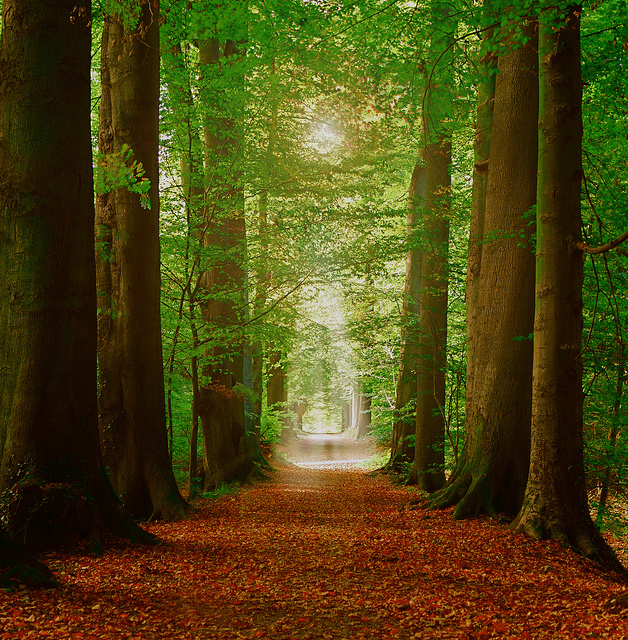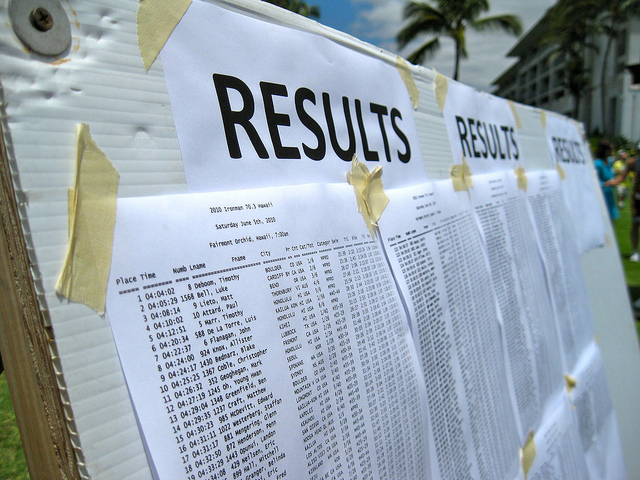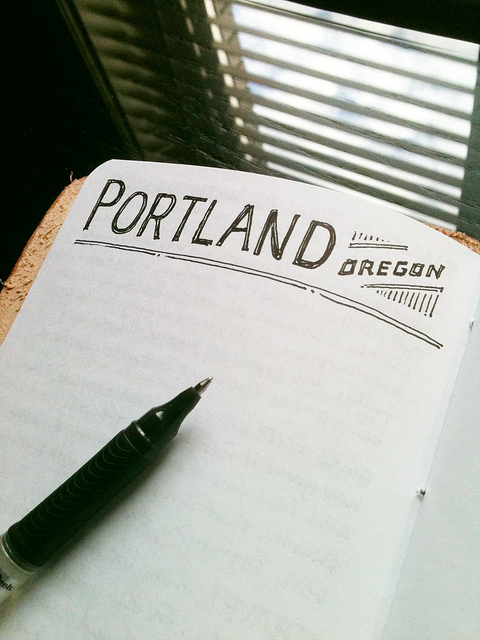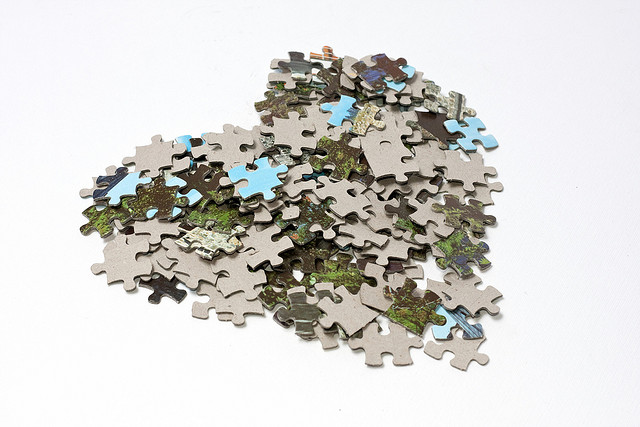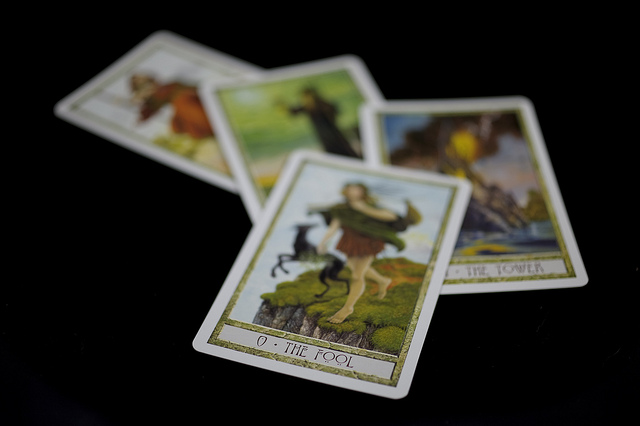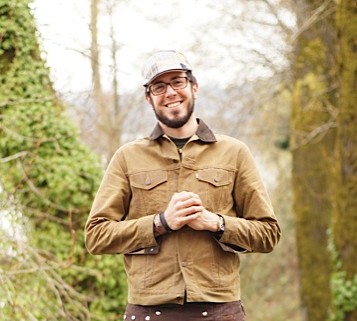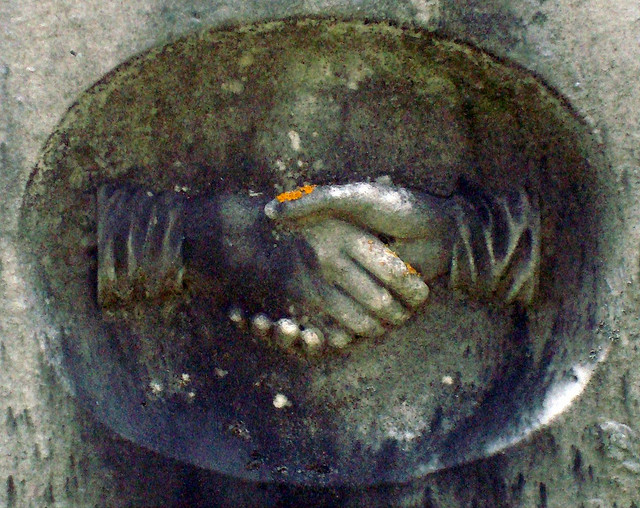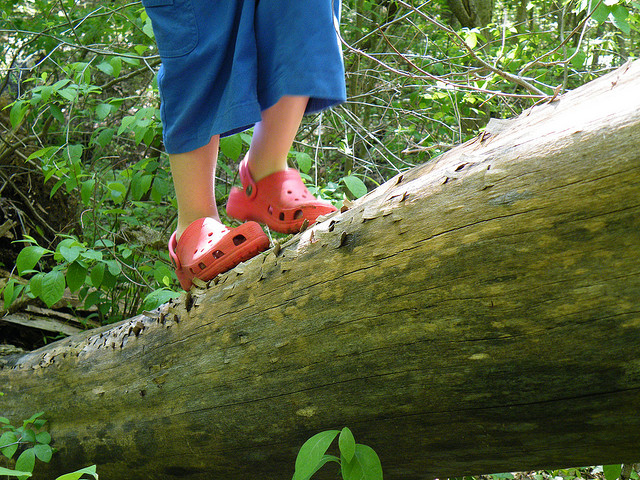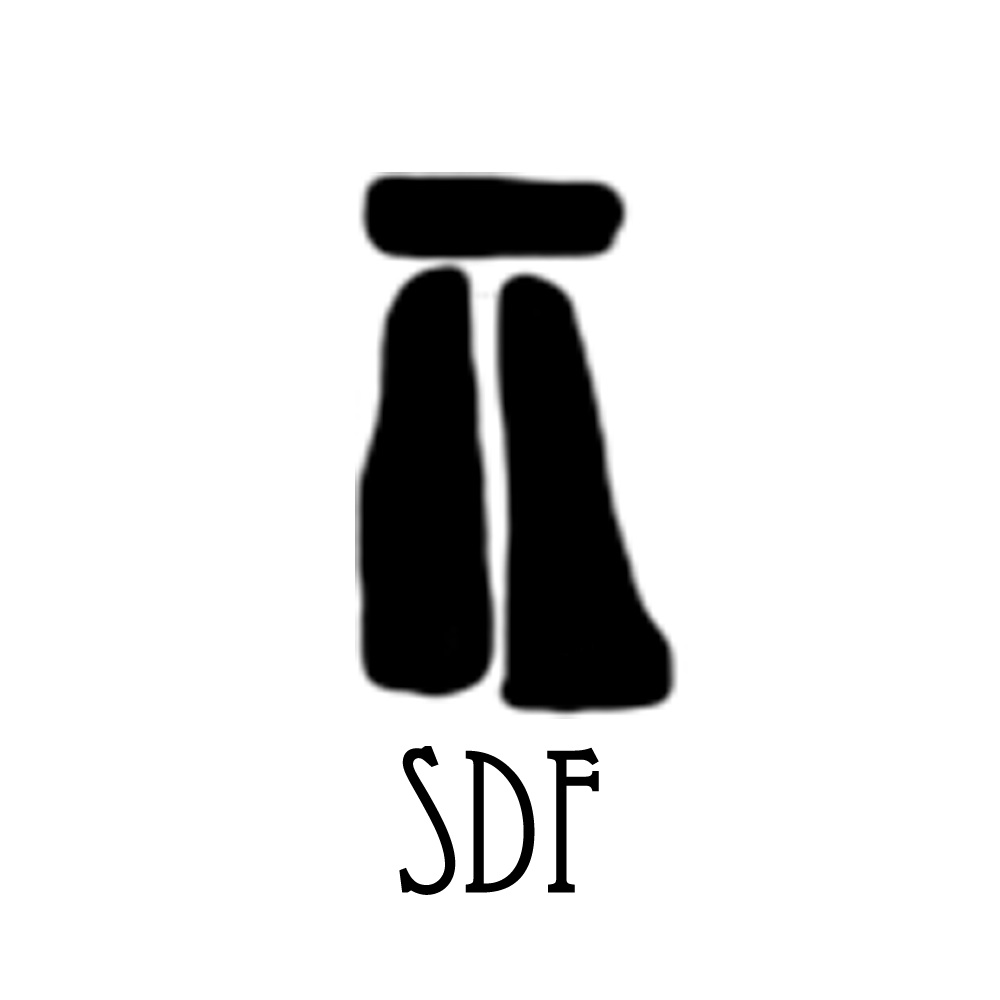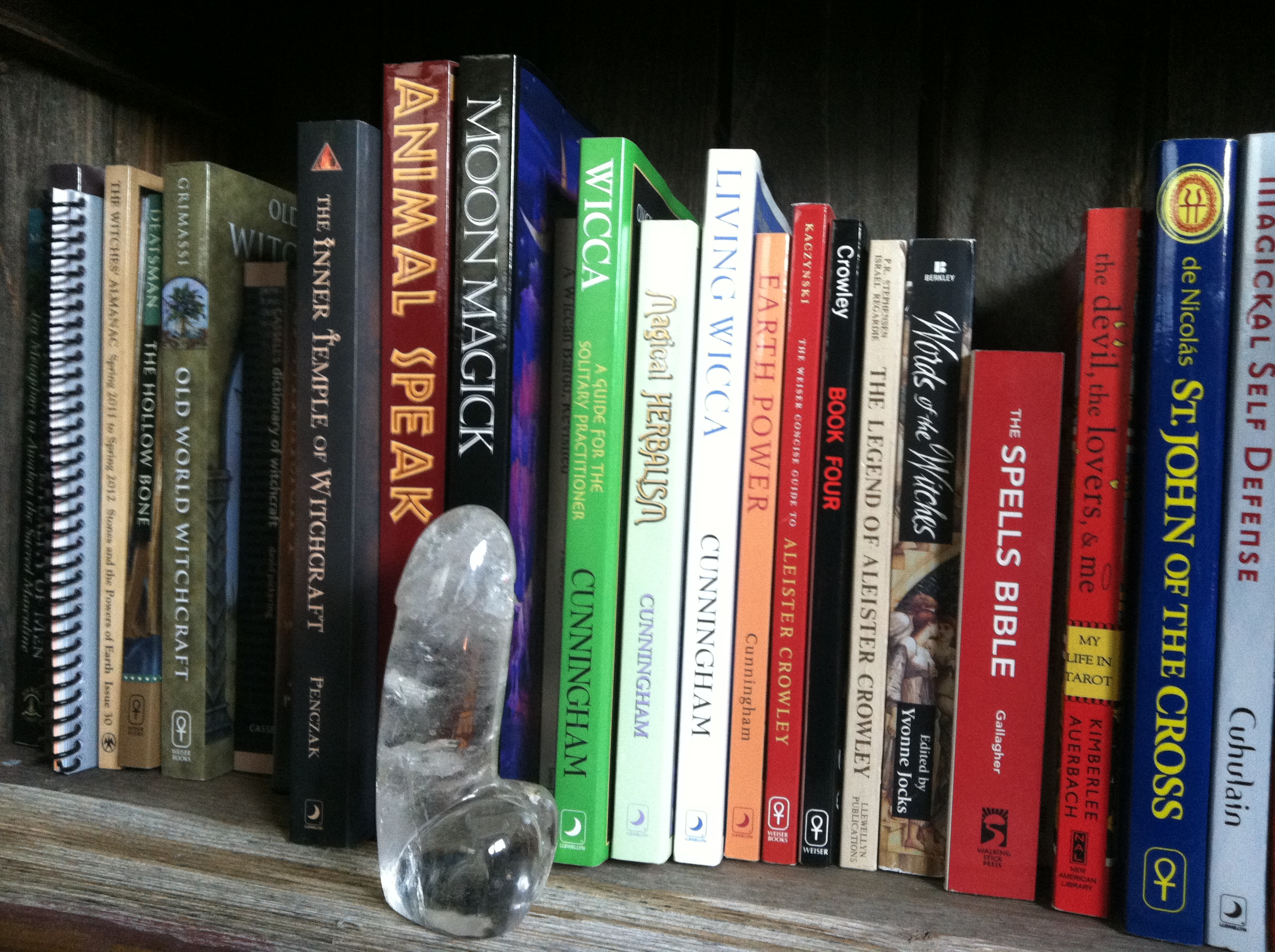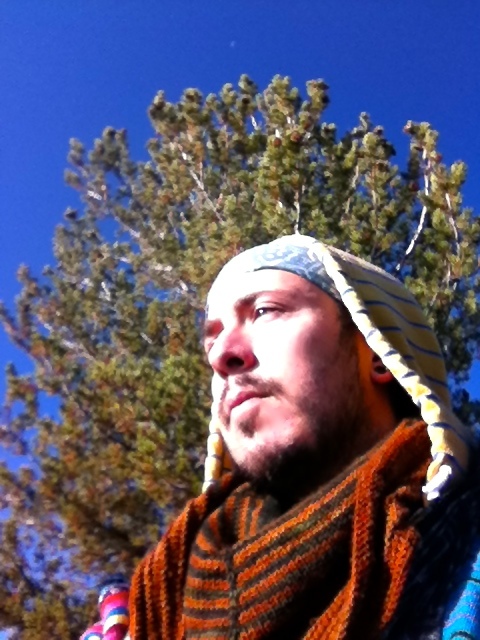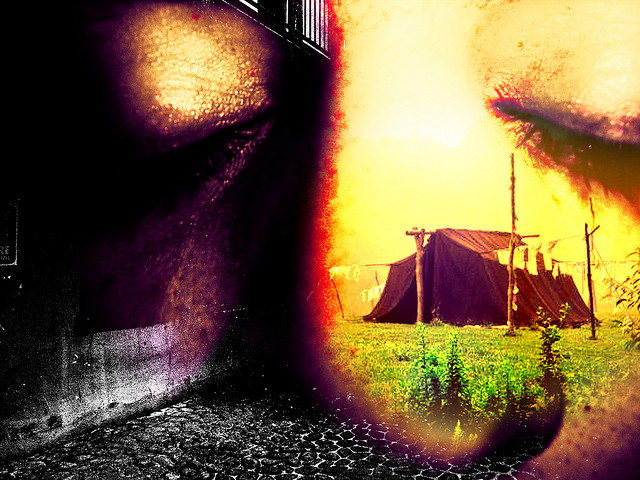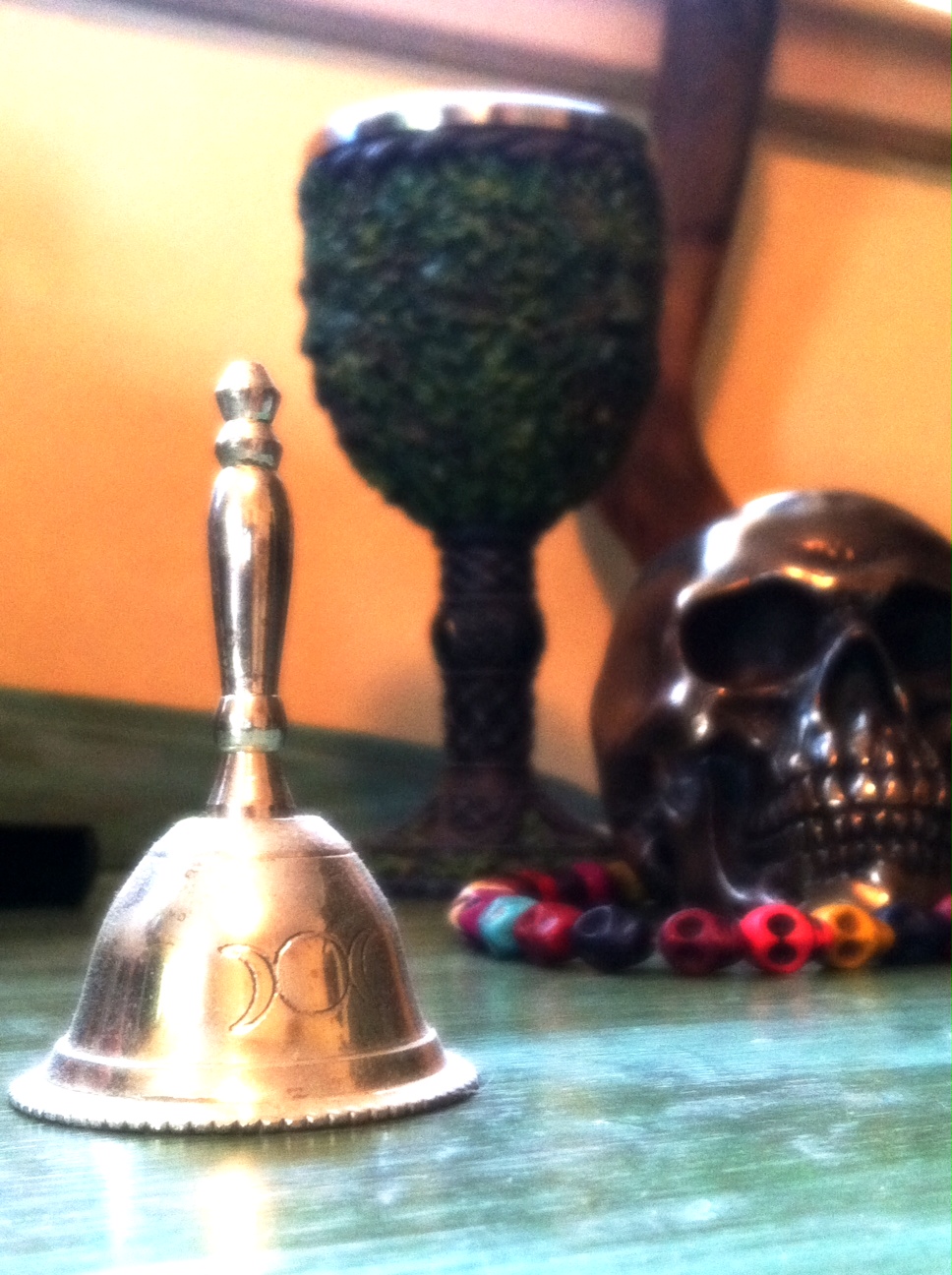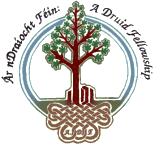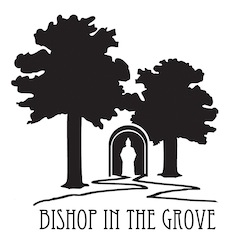Tag: ADF
-

The Truth of What Was and Is and Is to Come
The Truth of What Was I was never completely committed to ADF. I didn’t finish the Dedicant Path because I was unwilling to speak out loud the final Oath. I wasn’t willing to make that kind of commitment to Paganism, or — more specifically — that significant a renouncement of my Christianity. There were plenty […]
-

To Be Pagan Without Community
I spent the morning catching up with an “online” friend, forging a new “on ground” relationship. The internet is amazing, really. To be able to initiate these kinds of relationship and build community having only the context of Facebook or an e-mail forum is phenomenal. I’m a transplant to this town, and yet there are […]
-

Pagan Assumptions and the Direct Results of Ritual
“There can be no direct results of ritual. The results are always just part of the fabric of all action.” — Sean Michael Morris As I prepare for my upcoming appearance at the Sacred Harvest Festival I’ve been giving thought to assumptions I’ve made about Paganism; assumptions that many of us make. We assume the […]
-

A Letter to Portland from a Colorado Pagan
Dear Portland, I’m moving to you in August. My husband and I are packing up all of our things, loading up our three dogs in the car, and driving for two days across Colorado, Wyoming, Utah, a bit of Idaho, and a good stretch of eastern Oregon to get to you. Neither of us have […]
-

About Breakups
The thing about breakups is that you’re never really out of each other’s life. It’s an illusion to think that you can just sever ties (if that’s what you were hoping for) and then… Poof! No more connection. It never happens like that. When I made the decision, and then the subsequent announcement that I was […]
-

On Leaving
Something broke today: a levee on the inside. My heart, tight and clenched for days, softened. And when it did, I knew… I have to leave ADF. I spoke the words out loud, and they sounded right. They didn’t sound easy, or pretty, or anything remotely uncomplicated. They just sounded right. I’m not leaving because it’s […]
-

Liturgy And A Cocktail
Let me try to explain how I’m feeling right now. When I exhale, my breath shakes a little. Not the crying kind of shake, but almost the laughing kind of shake. My fingers are cold, which is partly on account of the freezingness of Colorado (and I’m using that word, regardless of what the auto-spell […]
-

The Solitary Druid Fellowship Lives!!
It is an exciting day in the world of Druidry and Pagandom! (For me, at least.) I’m happy to announce that the Solitary Druid Fellowship has launched! The Solitary Druid Fellowship, an extension of Ár nDraíocht Féin (ADF) is live and running at SolitaryDruid.org. This has been a labor of love, and would not have been […]
-

We Don’t Have Faith: We Make Agreements.
A couple weeks ago I wrote about creating the Solitary Druid Fellowship, an extension of ADF designed to serve the broader community of solitary Pagans and Druids by providing them with a shared liturgical practice. I’m currently in discussion with the Clergy Council of ADF to work out the final details of the site launch […]
-

Letters on BITG: Bringing Druidry and Druidism Into Balance
Letters is a series on Bishop In The Grove that allows readers to initiate the dialogue. Submit your letter on the Letters page, and it may be chosen to be included in a future post. This first post in the series is centered around bringing Druidry and Druidism into balance. “You’ve talked before about wanting […]
-

Serving Solitary Pagans: An Experiment in Liturgy
In September of this year, I submitted an application to start my own ADF protogrove for solitary Pagans. I planned on calling it, Sojourner’s Protogrove. Protogroves are the precursor to fully-chartered groves within the ADF organization, and their main responsibility (as with groves) is to provide public rituals for each of the eight High Days […]
-

How Much Stuff Does One Pagan Need?
Should I let go of my stuff? Should I have a metaphysical yard sale, in which I sell my Cunningham books, my surplus of pewter jewelry, and my… …ahem… …crystals? Should I rid my closet of the long, green, hooded robe I’ve worn twice, my Guatemalan patchwork jacket I scored for $7 bucks, or my […]
-

You Can Take a Druid Out of the Woods…
In the morning, after (almost) sleeping through a night of 28 degree weather, I headed to the edge of the water to make my offerings. Pumpkin seeds were what I had to give, for they were what I had to eat. I proceeded through the same ritual I outlined in my post last week, only […]
-

Paganism Beyond the Warm and Fuzzy
I fell into a frozen lake once. It was winter, and we were on holiday from school. I was running ahead of my two cousins and my older brother, and I hit a thin patch. In no time, my tiny body was submerged. The water was violently cold, and I was certain I was going […]
-

Druid Rituals For Dummies
I’ve written a great deal about my daily practice on this blog. There have been periods of prolonged drought, periods of genuine doubt, and times when I felt like my daily practice was all that was keeping me invested in my Druidism. In my ADF Dedicant studies (which will be a central focus for me […]
-

It’s Back to (Druid) School Season
The harvest season comes, and the kids go back to school. I can’t pass a rack of school supplies without stopping to see if there’s anything I want need. There rarely is, but I still like to look. The eco-folders and notebooks, while more ecologically responsible, are nowhere as cool as my Trapper Keeper. It was rad. […]
-

Solitaries are the Glue which Hold Paganism Together
I’ve spent nearly the entire week working on new ways to make ADF Druidism an accessible tradition to solitary Pagans. The work is still in its early stages, and I’m piecing together ideas which I hope to share once the leaves have fallen. My backyard maple is only hinting at new color, so it will […]
-

Think, Drink, and Be a Druid in Honor of Isaac Bonewits
In his brief, “immodest third-person” biography, Isaac Bonewits called himself, “articulate, witty, yet reasonably scholarly.” I never knew the man, but I hear he was a bit cantankerous, too. In the early part of 2009, a year before Isaac’s passing, I was encouraged by T. Thorn Coyle during an intuitive reading she gave me to […]
-

I Spotted Thor Down at the Quik Mart
In a recent discussion with a group of Pagans about the development of an American pantheon for use in ADF ritual, someone said this: “When we look at historical evidence to find the ancient deities, we look at what was left behind and what survived for long periods of time, such as the stories that […]
-

The Offerings of Man, the Obligations of Gods
I approach my home shrine in the morning and prepare my offerings. Into three small, porcelain sake glasses, which were given to me by my stepfather, I pour a small bit of sugar, oats, and oil. These were the foods that made the most sense to me, although I’m not sure why. Whether I’m clothed […]
-

Since When Were Will and Grace Pagan?
On the last day of the Eight Winds Festival, an hour or so before heading to the airport, I sat around the fire with my fellow ADF members and participated in a discussion with the Senior Priests about the future of ADF’s Dedicant Path (DP). For those not involved with the organization, the DP is […]
